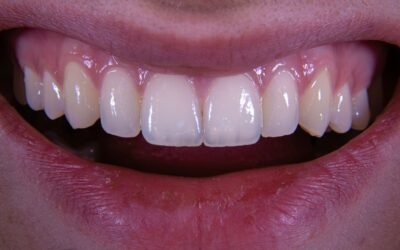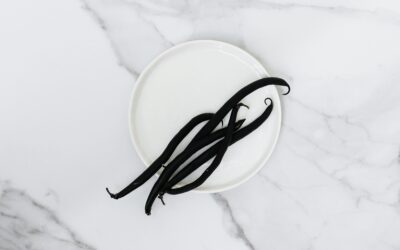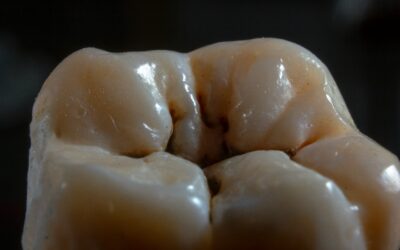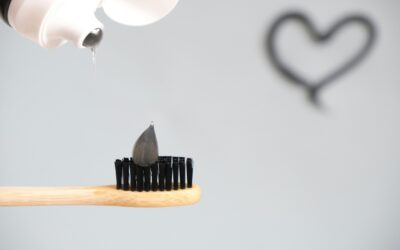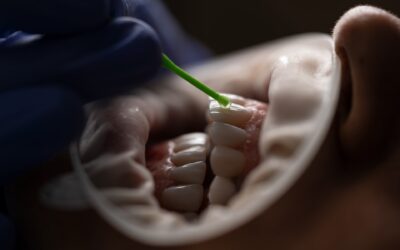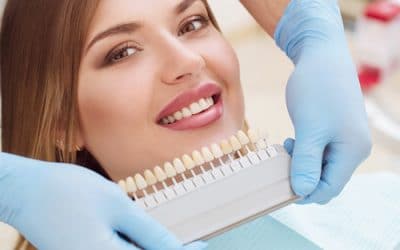We all want the perfect smile with beautiful white teeth, but daily life works against us, with coffee, tea, tobacco, red wine, and food with dyes staining the outside of our teeth or penetrating them within. If your teeth are stained, then you likely need teeth whitening treatment to bring back their original sparkle. Several treatments are available, including professional in-clinic treatments using carbamide peroxide or hydrogen peroxide, at-home treatments using a custom fit tray, or over-the-counter or dentist dispensed teeth brightening gels. However, you may be concerned about whether dental whitening will damage your teeth. We can put your mind at rest and assure you that your teeth are not damaged during whitening administered by our dentists or when you follow the guidelines for at-home products. Whitening gels will not damage your tooth enamel. Enamel is the hardest tissue in your entire body and consists of tiny tubules. The enamel may be discoloured, but most often, it is the layer beneath the tooth’s enamel that picks up most staining. This layer is called dentin, and when teeth brightening gel is used, it flows through the enamel’s tubules to reach and lighten the stains on your dentin.
A Professional Teeth Whitening Service Vs. At-Home Treatment
At-home dental whitening gels may clean away outside stains, but professional teeth whitening may be needed to get the results you seek. This is particularly the case for intrinsic discolouration, which is staining within the tooth. Many things can cause intrinsic discolouration, such as infections, aging, childhood illnesses, certain medicines, radiation treatments, and tooth trauma. Our teeth whitening dentist can advise you on the best approach for your teeth. They may dispense a treatment for you to use at home or recommend professional whitening in the dentist’s practice. The recommendation will be based on the type of discolouration, your age, dental history if you have crowns, fillings, or receding gums, and your affordability preferences.
Potential Side Effects
Temporary tooth sensitivity is a potential side effect of tooth whitening. When a gel is used, it undergoes a process from an active to an inactive state, and during this time, the enamel’s tubules remain exposed and open, in a state called dehydration. Over a few hours, the tubules remineralise and close themselves using organic materials found in your saliva. While this rehydration process finalises, it is important not to eat or drink food or liquids containing colour. You can avoid the feelings of tooth sensitivity by refraining from drinking or eating very hot, cold, salty, or sweet substances for a few hours after the treatment is concluded. Now you understand how dehydration opens the tubules; you might like to avoid other activities that dehydrate your enamel, giving an opening for discolouration and staining to occur. Things you may do that cause dehydration include smoking, giving you another reason to stop. To discuss which treatment is right for you, please arrange an appointment with our teeth whitening dentists by calling 01922 414372.


